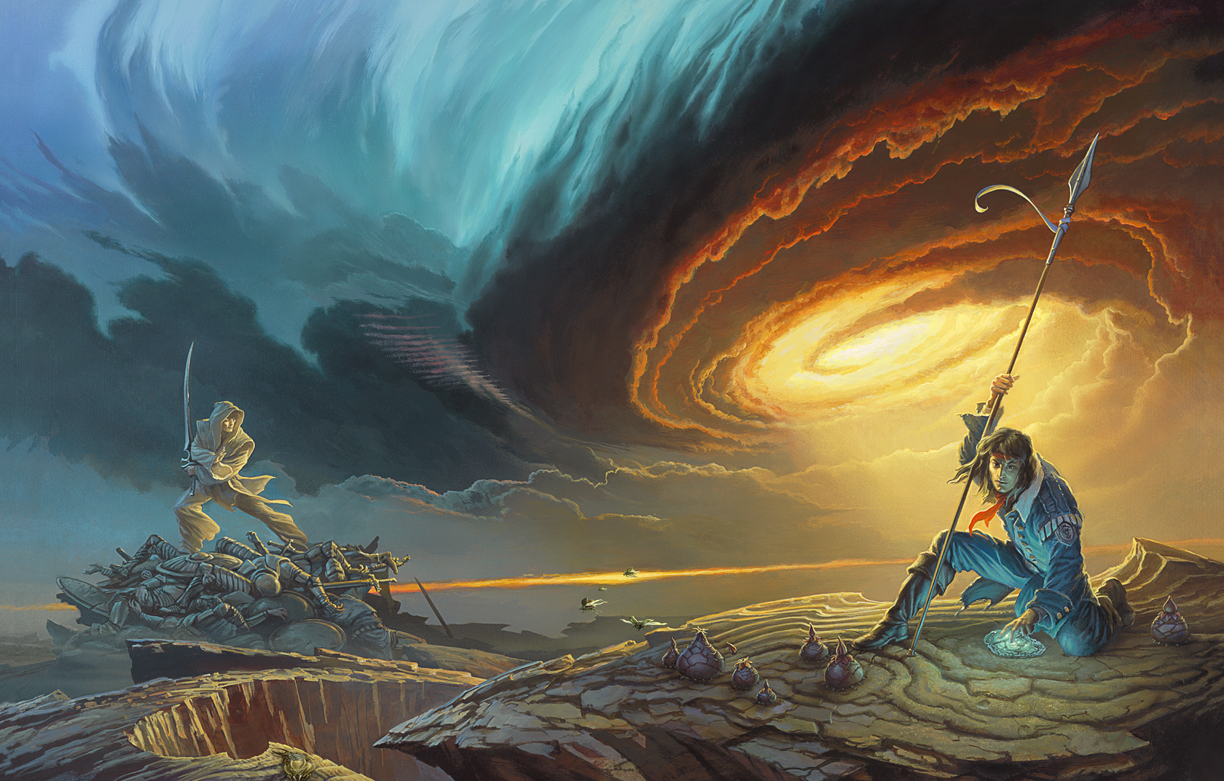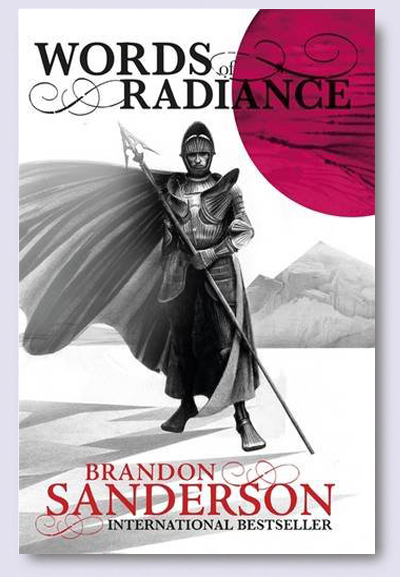SNIP
I would guess that Mumei's view of Sanderson as "middling" is down to Sanderson's generally simple and non-specific word choices, weak imagery, and lack of attention to rhythm.
Well that's interesting. Very much so, i'll copy it to my notes. Never know if it might be handy someday.
I'm not sure what you mean by weak imagery. Limited amount of description (visual or otherwise)?
As for rhythm, i have to ask... does lacking or having it matter really? In general text that is. I can think of cases were alliteration and rhythm added something but this has been invariably, in my experience, only the case for dialogue (V's alliterative speech from V for Vendetta film comes to my mind).
Sure, it is individual preference but otherwise...
And i assume rhythm is not related to pacing. Just to be clear.
This was very helpful!
I don't think that simple prose is bad in and of itself - I think much of Le Guin and Beagle's prose is also fairly straightforward. And that's not my criticism of his writing (or PD's, I don't think). I think his style is, for lack of a better word, entirely lacking in élan. It's not that his prose is -bad-, I don't think; there's just no style to it. While I won't say it never occurs, I don't come to a book by Sanderson expecting to experience interesting turns of phrase, labyrinthian sentences I can get lost in, lyricism, particularly vivid or beautiful imagery, the use of assonance, alliteration, or consonance; I don't expect to be moved by the sheer aesthetic experience of words beautifully arranged. I couldn't have articulated it quite the way you did, but that's essentially the thrust of it.
I was going to say i don't care for stuff like that, but then i realized, at least i'm pretty sure, that Frank Herbert (my absolutely favorite author) does use at least some of those things. Or something.
Still don't really care for having a style or lacking one.
Based on those small excerpts, i'm pretty sure i won't like Nabokov's or Joyce's writing. Or perhaps more like, i can't stand them.
And this leads to a question: why does one's style appeal to a reader but not another's? What exactly causes this? Interesting question when it comes to psychology and neuroscience that is. I'll have to remember to read about this someday.
People mentioning Sanderson's characters lacking depth made me realize they are indeed somewhat flat, with a more personality. (Same can be perhaps said about BioWare's characters in their games now that i think of this.)
And now i'm trying to think of a character with depth. And realizing, i'm not exactly sure what is depth in this context... Guess i'll have to read about that too.
I have to note that i'm not one for analyzing (at least not deeply) text, no matter if we're talking about writing itself or story or whatever. We did have a class about this in middle school but i flunked it completely. Also didn't do well in high school when it came to analyzing these.
EDIT and RileyLewis' post is an interesting one. I have to note that i'm absolutely one those who do not care for the art of words. But then i don't care for art in general, prefer it more functional* than otherwise.
*Yes, functional art. Something that enhances the overall... well, for example, a location, such as apartment. If it gets some character from having a painting on some wall, good. The existence of the painting matters more than what it is.
EDIT2 i'm not immune to the art of words though. There have been cases where i do like such. Though never poetry. That i will never understand.





